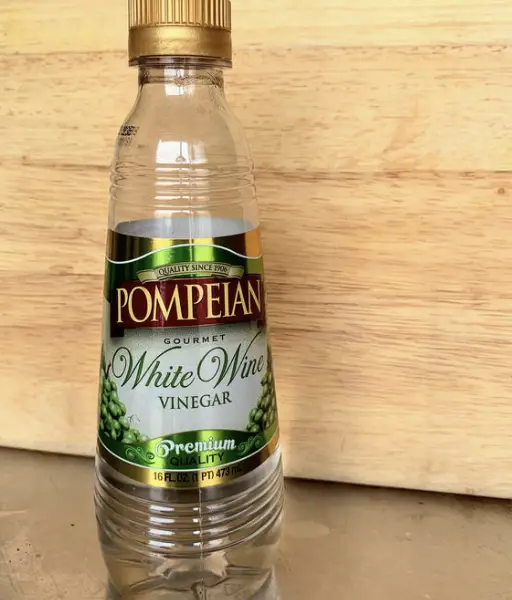
Unveiling the Vinegar Varieties: White Vinegar vs. White Wine Vinegar
Vinegar, that versatile and tangy elixir, has earned a prominent place in kitchens around the world. Its unique flavors and acidity add depth to dishes and offer a range of culinary possibilities. But when it comes to white vinegar and white wine vinegar, are these two pantry staples one and the same? In this blog post, we’ll dive into the intriguing world of vinegar and unravel the differences between white vinegar and white wine vinegar.
A Vinegar Primer: The Fermentation Phenomenon
Vinegar is a product of fermentation, a natural process that transforms alcohol into acetic acid through the action of bacteria. This process imparts the characteristic tanginess and pungent aroma that define vinegar.
White Vinegar: The All-Purpose Workhorse
White vinegar, often referred to as distilled white vinegar, is a clear and colorless liquid made from distilled grain alcohol. Its neutral flavor and high acidity make it a versatile ingredient in a wide range of recipes, from pickling vegetables to cleaning countertops.
White Wine Vinegar: A Touch of Elegance and Depth
White wine vinegar, on the other hand, is derived from white wine through the fermentation process. It retains some of the fruity and nuanced flavors of the original wine, adding a subtle complexity to dressings, sauces, and marinades.
Differences in Flavor:
The most significant distinction between white vinegar and white wine vinegar lies in their flavor profiles:
- White Vinegar: This vinegar boasts a sharp, strong acidity with a clean and neutral taste. It’s best suited for recipes where a punchy acidity is desired without altering the overall flavor of the dish.
- White Wine Vinegar: With a milder and more delicate acidity, white wine vinegar introduces a hint of fruitiness and a touch of elegance to dishes. It’s a popular choice for vinaigrettes, reductions, and sauces that benefit from a more refined taste.
Culinary Uses: When to Reach for Which Vinegar
The choice between white vinegar and white wine vinegar depends on the dish you’re preparing:
- White Vinegar: Use this versatile vinegar for tasks like pickling, preserving, and cleaning. Its strong acidity makes it an effective agent for removing stains and odors.
- White Wine Vinegar: Elevate your culinary creations with white wine vinegar in dressings, marinades, and light sauces. Its nuanced flavors can enhance the overall dining experience.
In Summary: Celebrating the Vinegar Diversity
While both white vinegar and white wine vinegar share a common origin in the fermentation process, their distinct characteristics make them valuable assets in the kitchen. White vinegar is a reliable all-purpose companion, while white wine vinegar brings a touch of sophistication to your culinary endeavors. Embrace the diversity of these vinegar varieties, and you’ll unlock a world of flavors and possibilities that can enhance your cooking and dining experiences. So, whether you’re reaching for a clean and sharp tang or a subtle and nuanced note, you’ll find that the right vinegar choice can make all the difference in your culinary masterpiece. Cheers to the art of fermentation and the delightful tang of vinegar in all its glorious forms!






